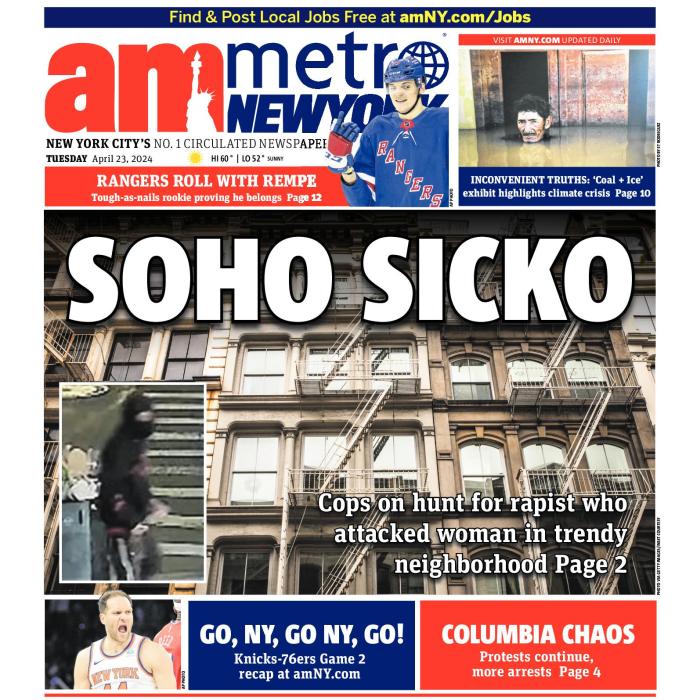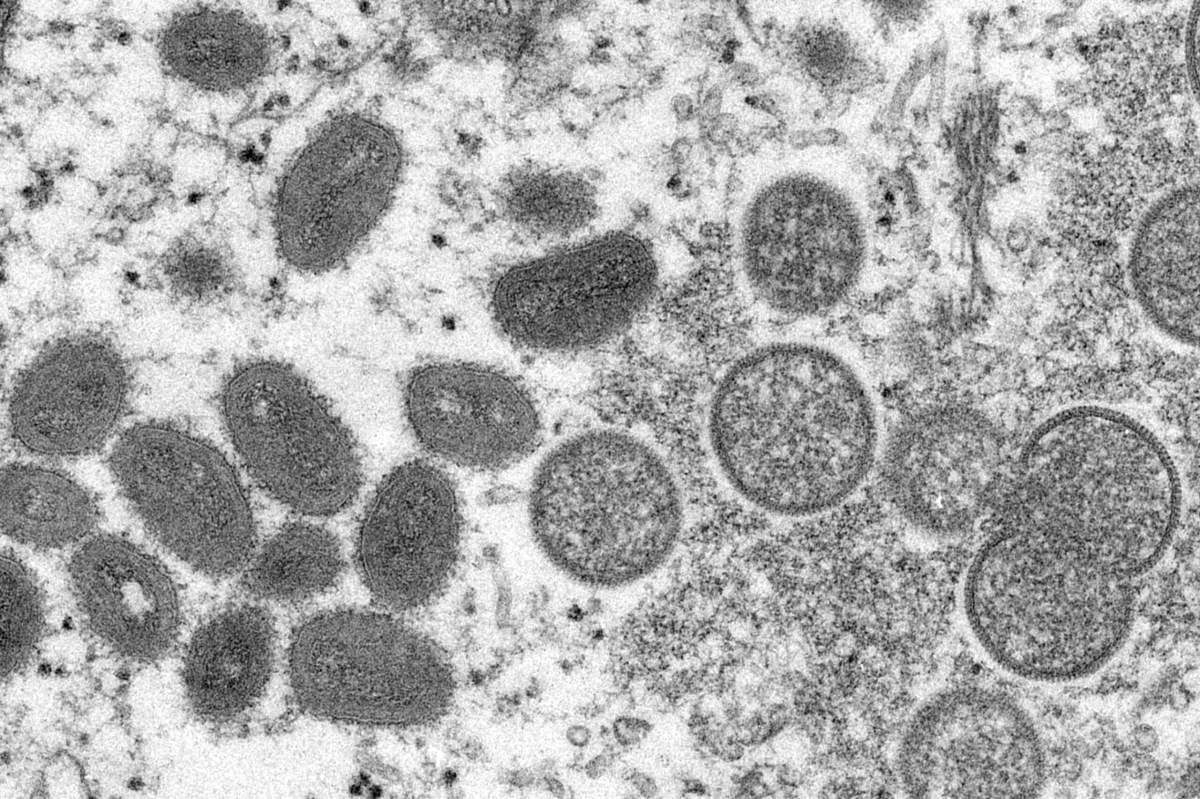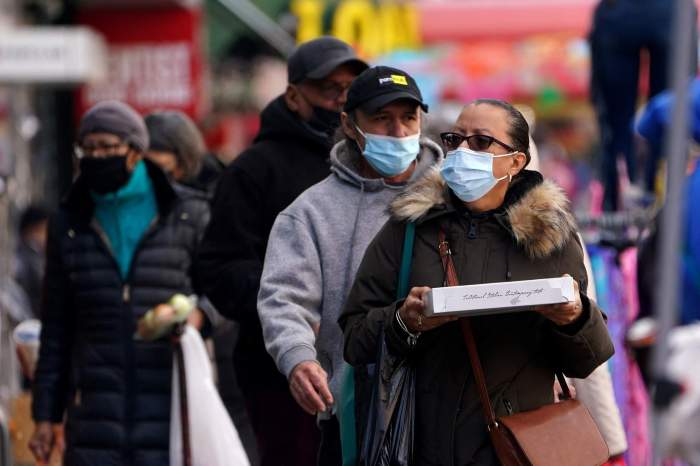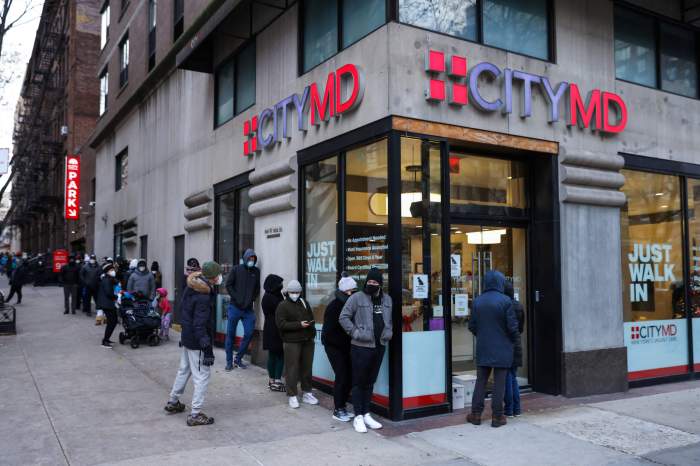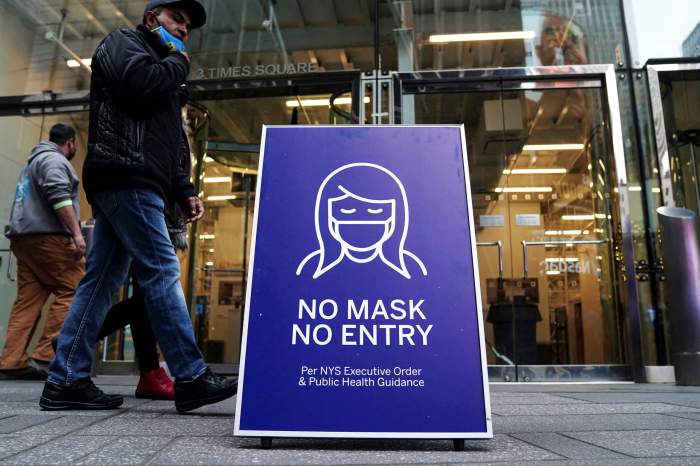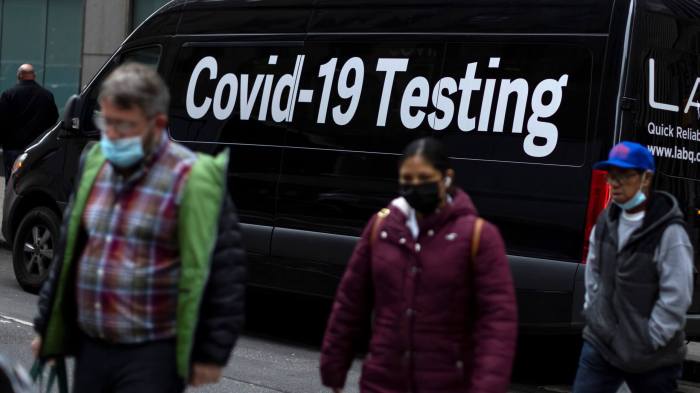New York City’s Health Department is investigating a possible monkeypox case of a patient currently being treated at Bellevue Hospital, the agency announced Thursday evening.
“All the appropriate isolation protocols are being followed,” the city Department of Health and Mental Hygiene said in a statement. “The Health Department’s Public Health Lab will conduct preliminary tests, which — if positive — will be sent to the U.S. Centers for Disease Control and Prevention for confirmatory testing.”
The uncommon virus — related to smallpox, but rarely lethal — was detected earlier this week in a patient from Massachusetts who recently traveled to Canada. Seven other cases were detected in Spain.
Epidemiologists with the city’s Department of Health are now following up with any individual who may have come in contact with the New York patient while that individual has been infectious, the agency reported.
Symptoms of monkeypox are flu-like in nature and are accompanied by lymph node swelling, then later a rash on the face and body. The virus is uncommon in the U.S.
Most patients only experience fever, body aches, chills and fatigue. People with more serious illness may develop a rash and lesions on the face and hands that can spread to other parts of the body.
The incubation period is from about five days to three weeks. Most people recover within about two to four weeks without needing to be hospitalized.
Monkeypox can be fatal for up to one in 10 people and is thought to be more severe in children.
People exposed to the virus are often given one of several smallpox vaccines, which have been shown to be effective against monkeypox. Anti-viral drugs are also being developed.
On Thursday, the European Centre for Disease Prevention and Control recommended all suspected cases be isolated and that high-risk contacts be offered the smallpox vaccine.
